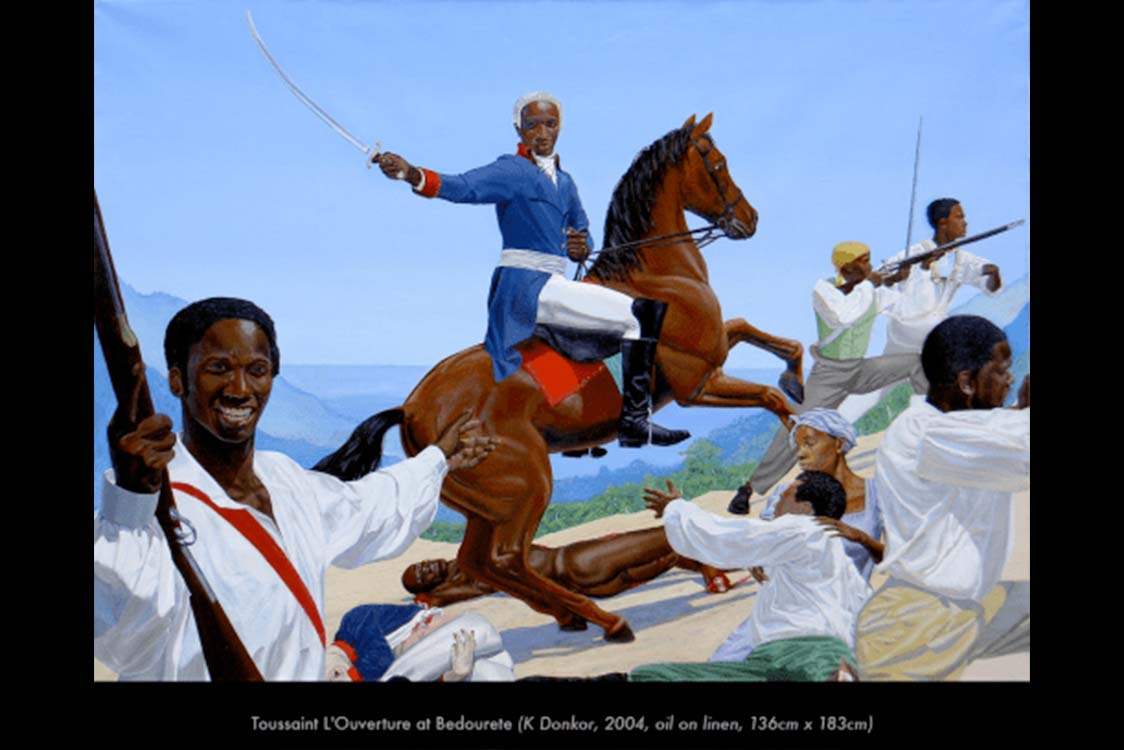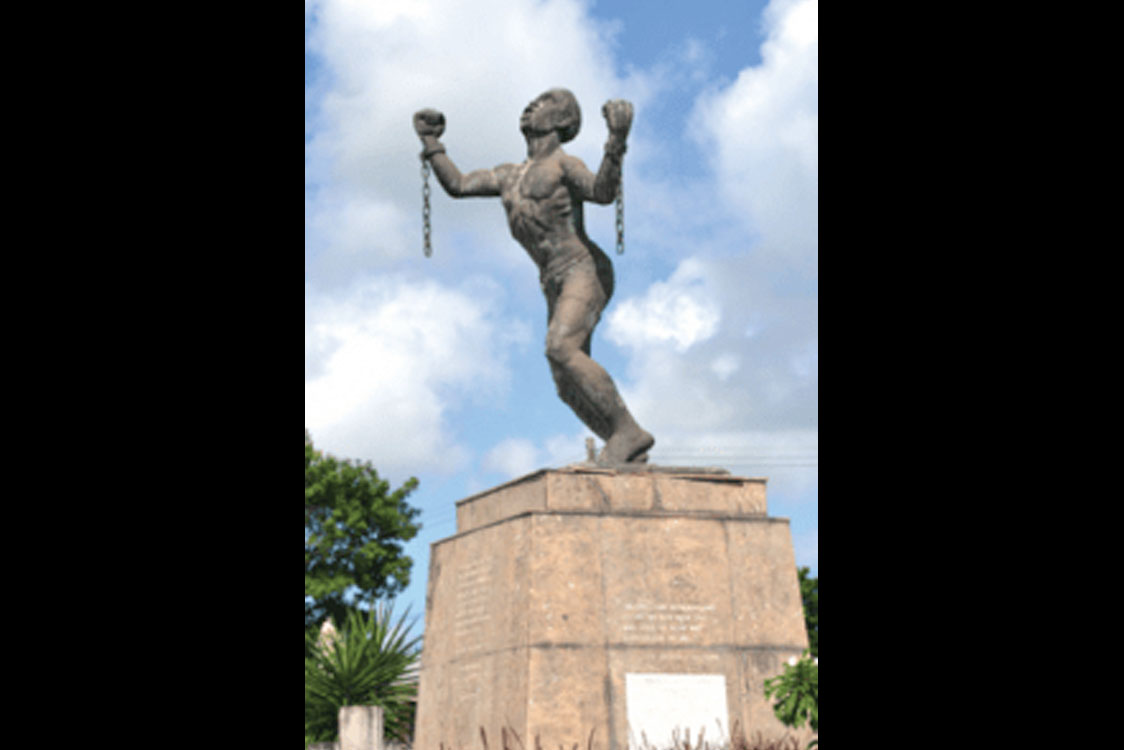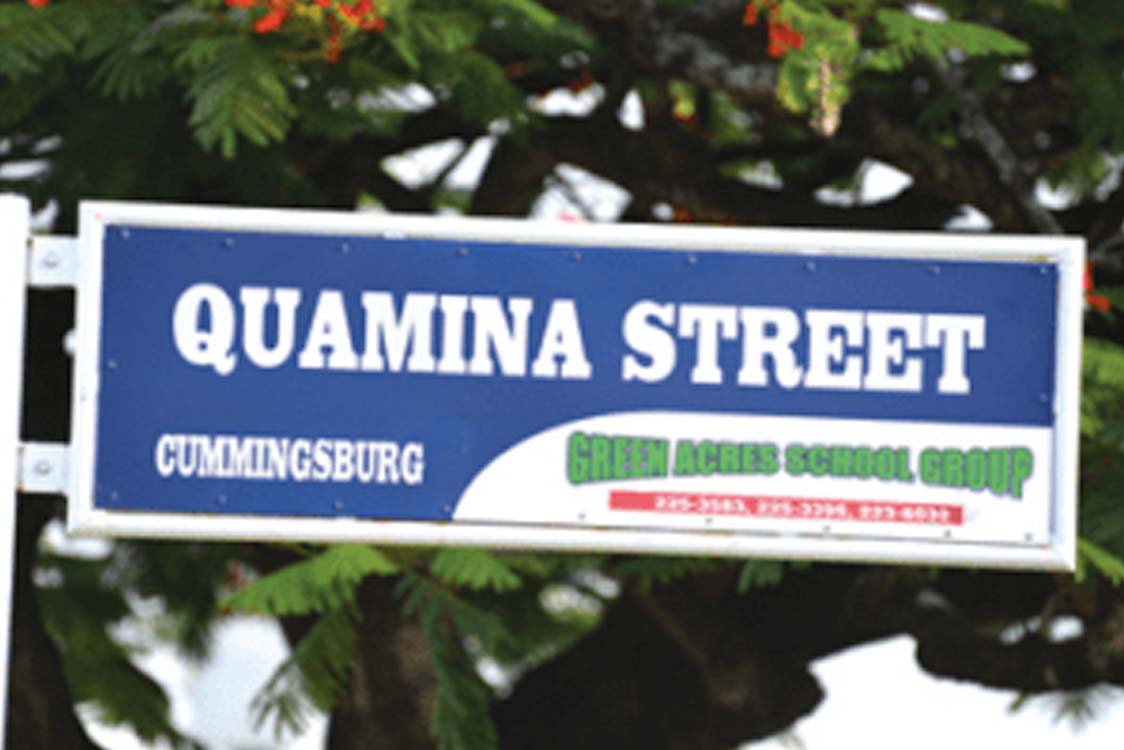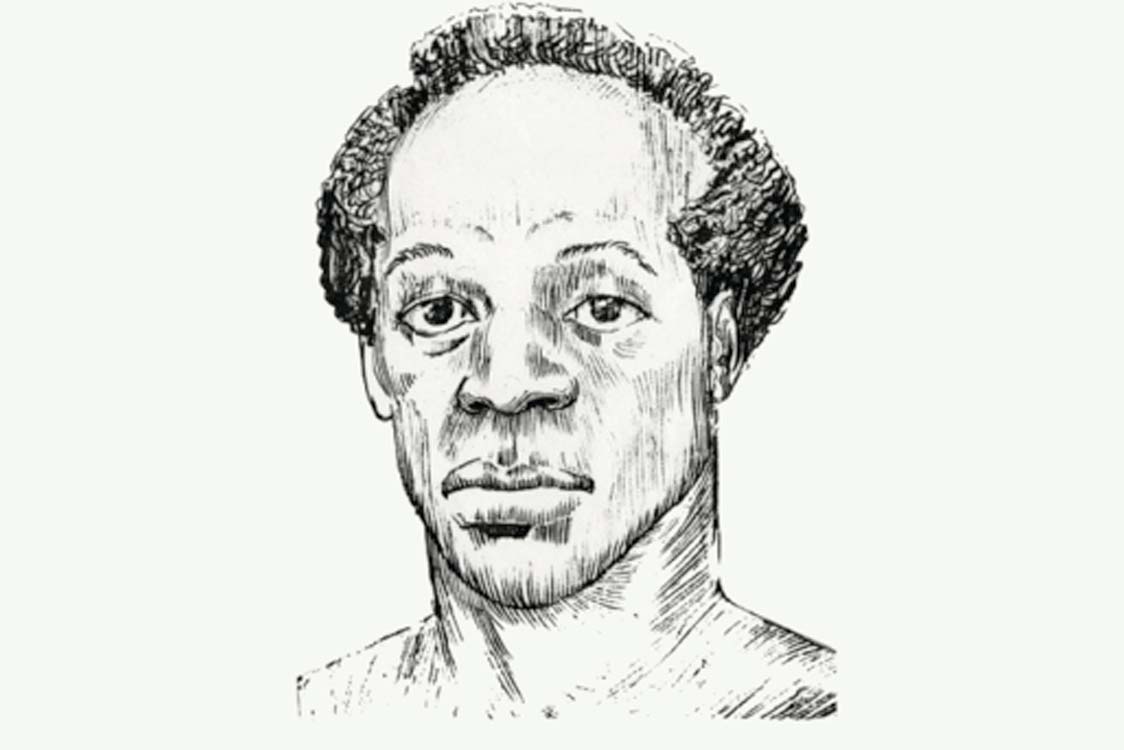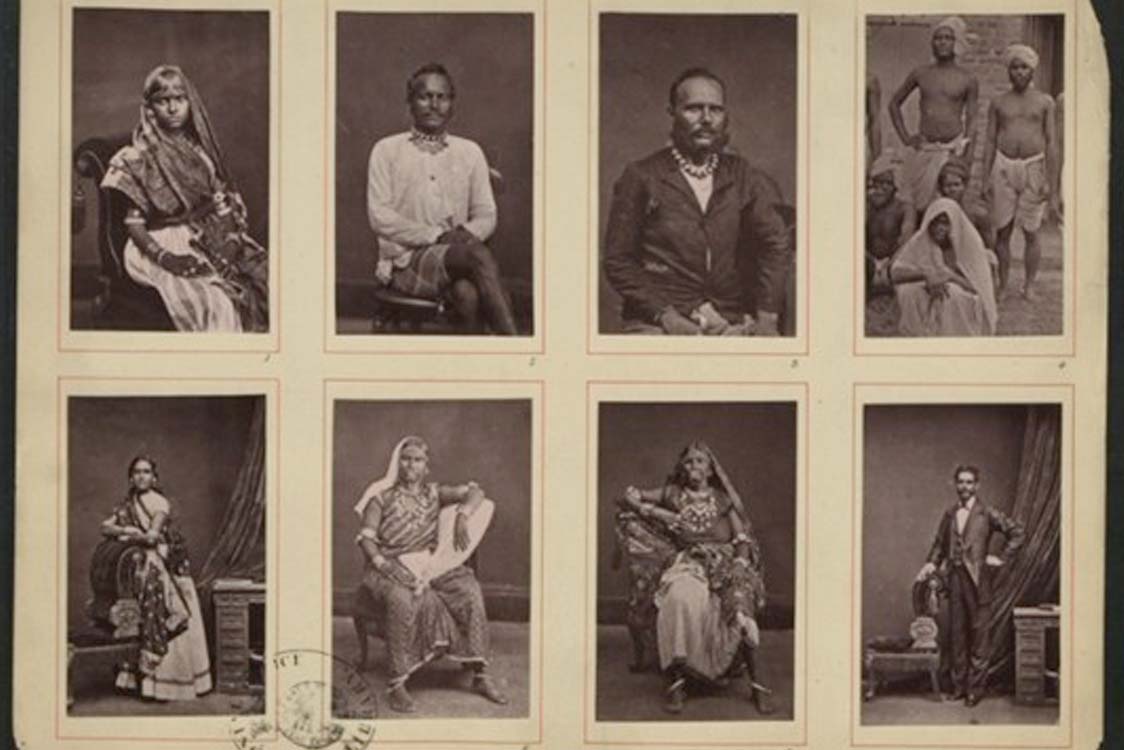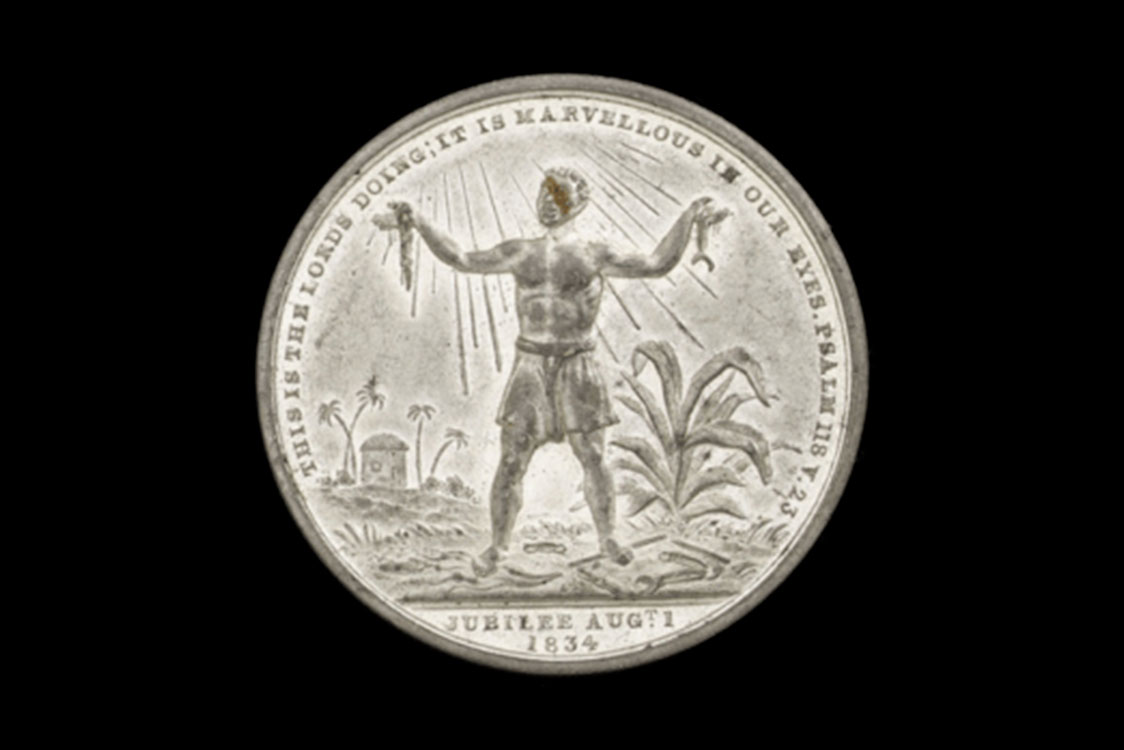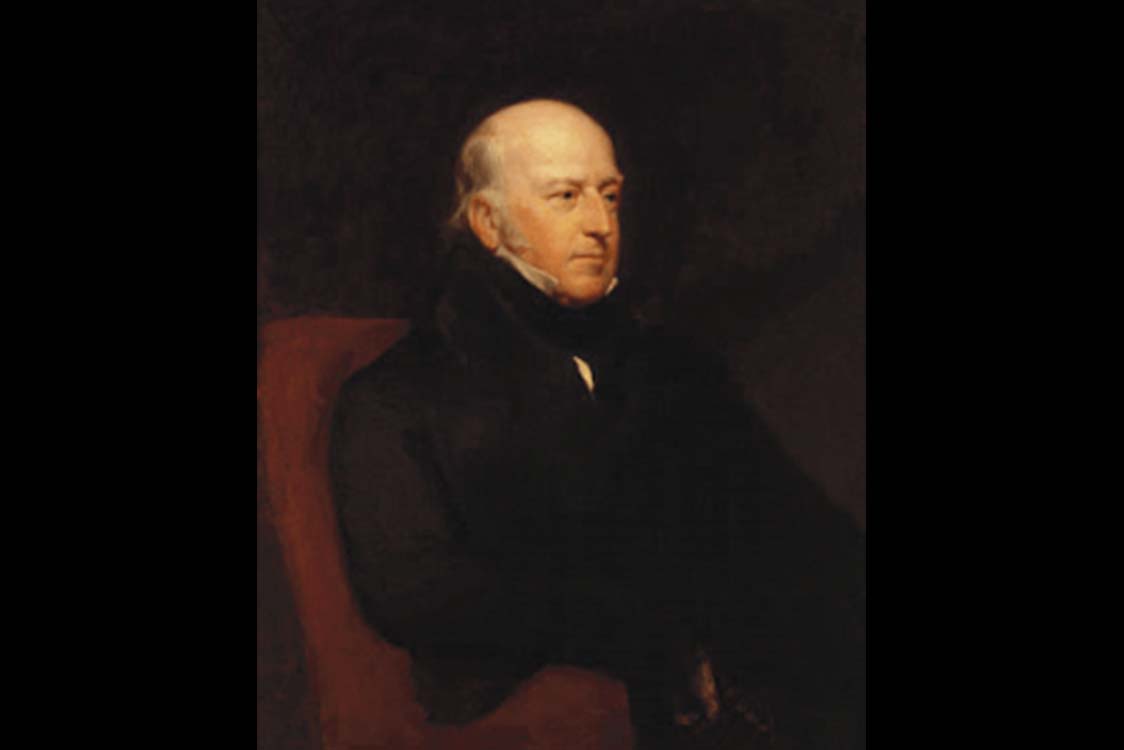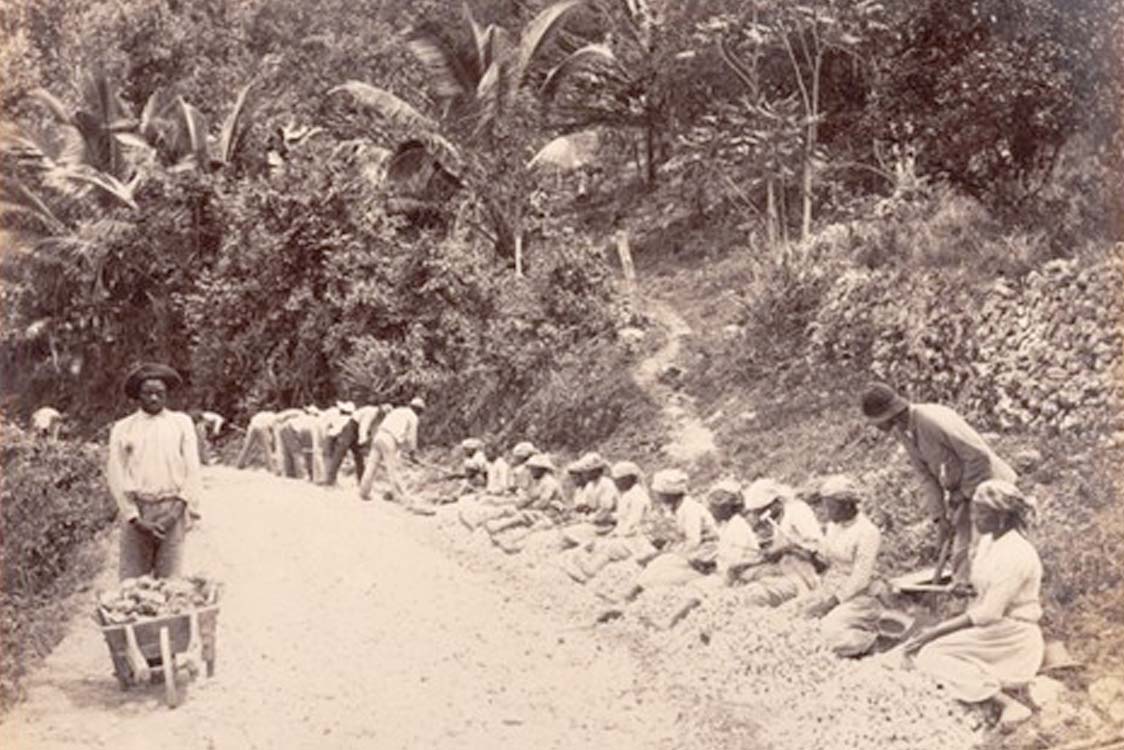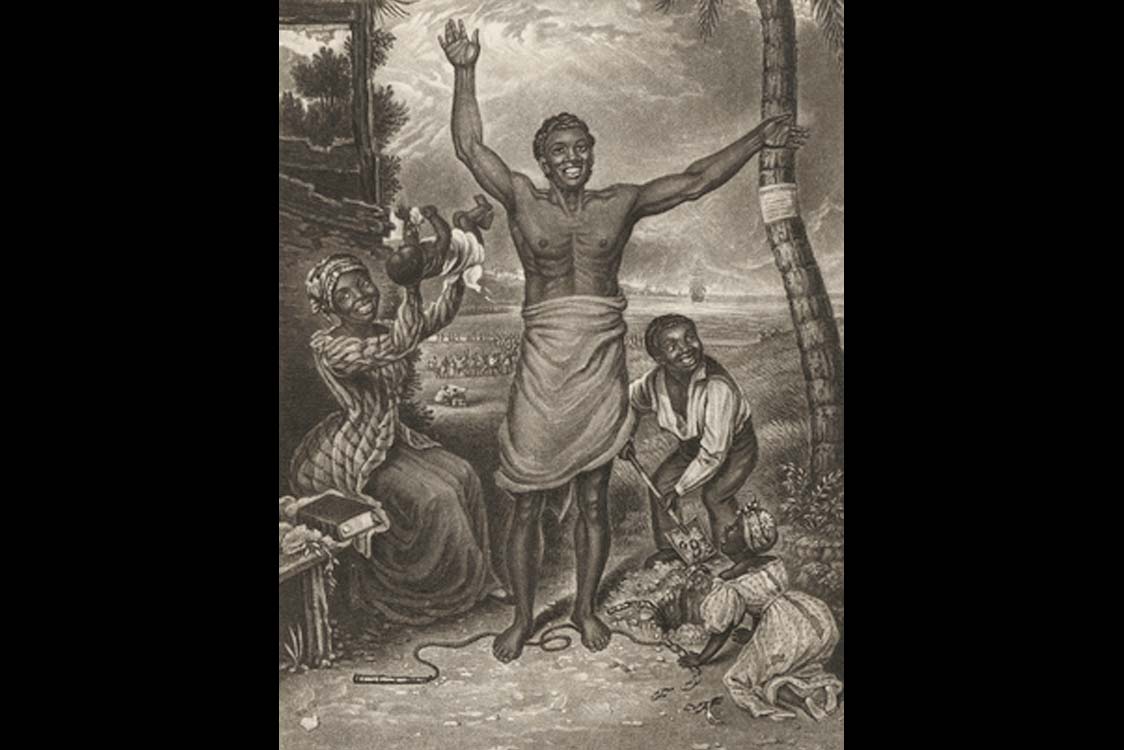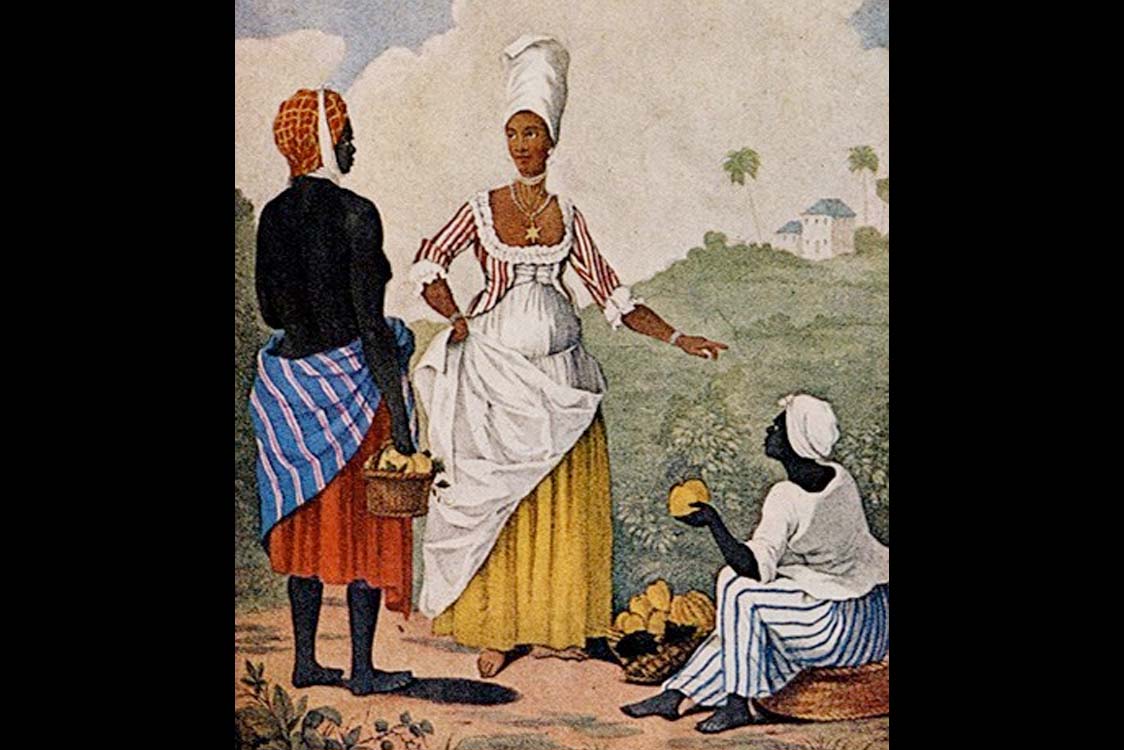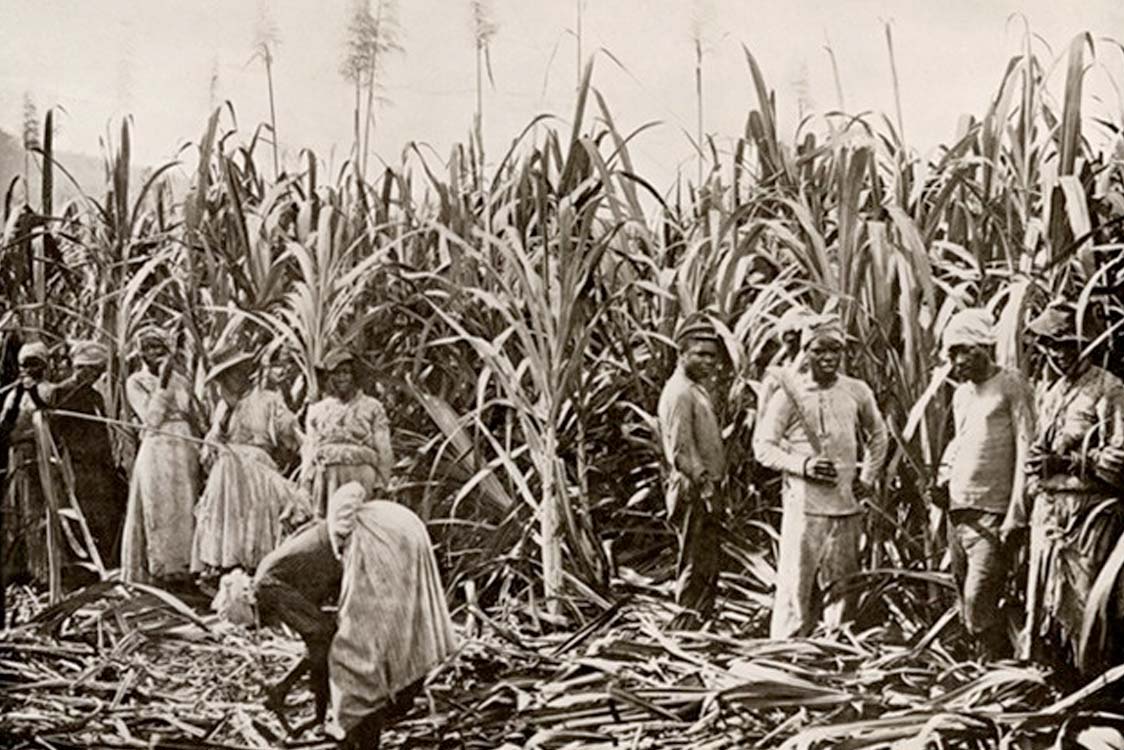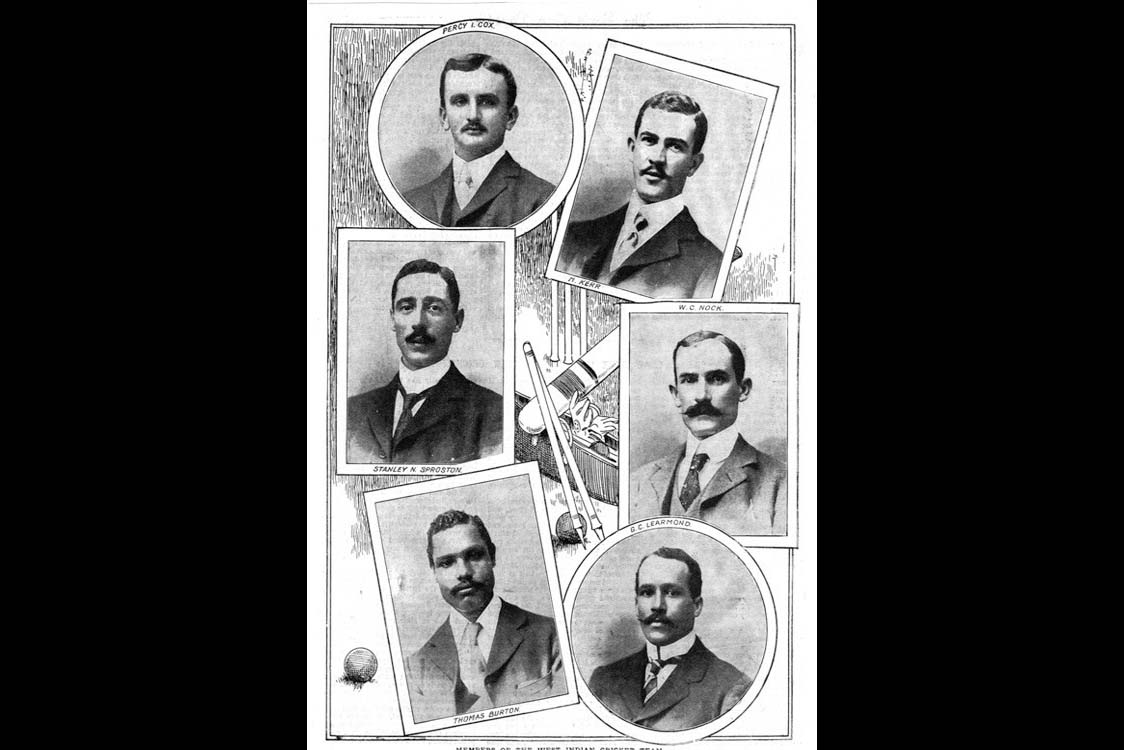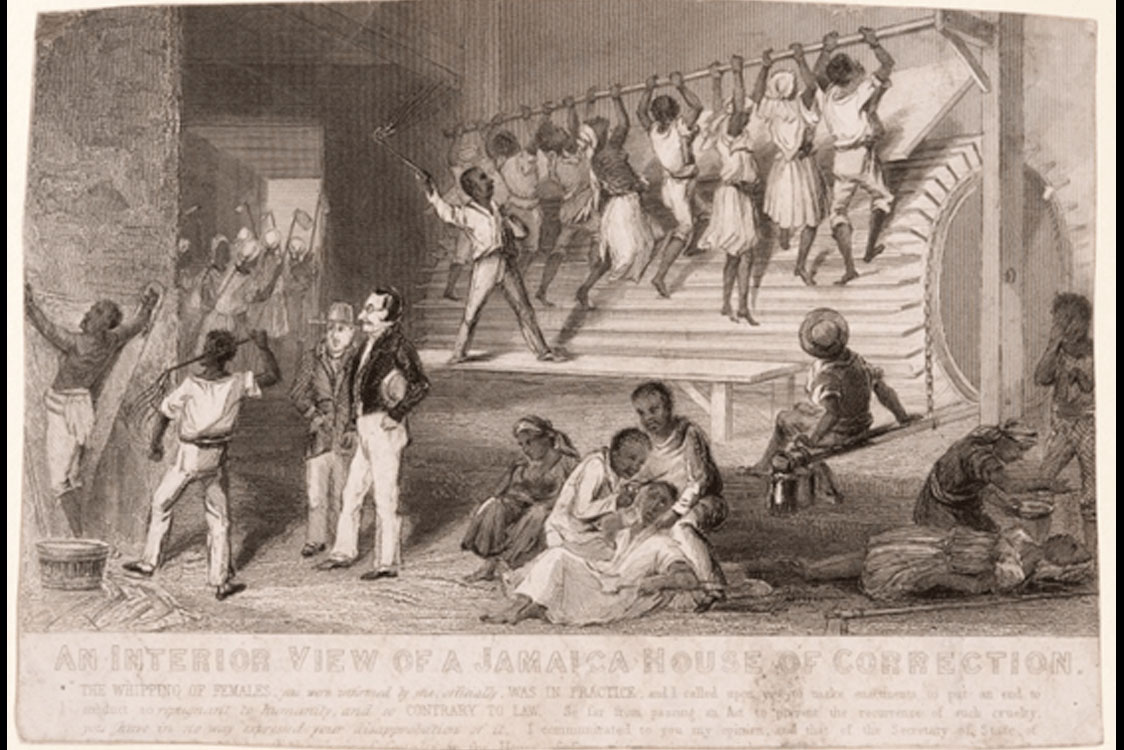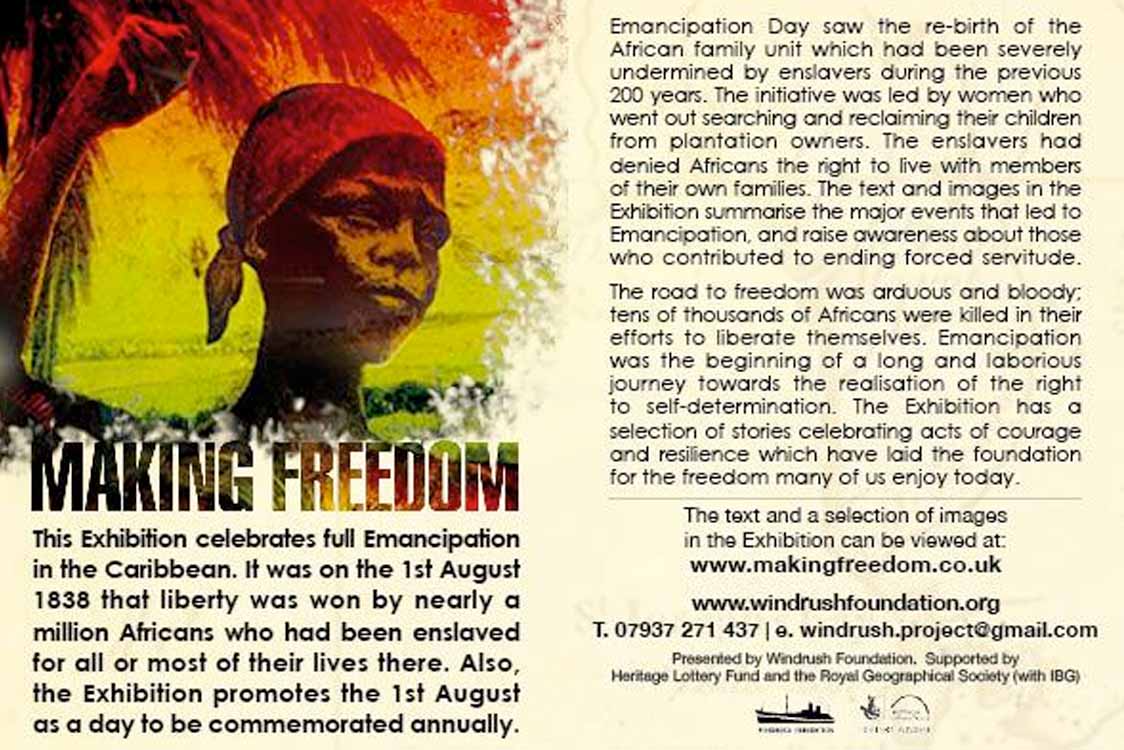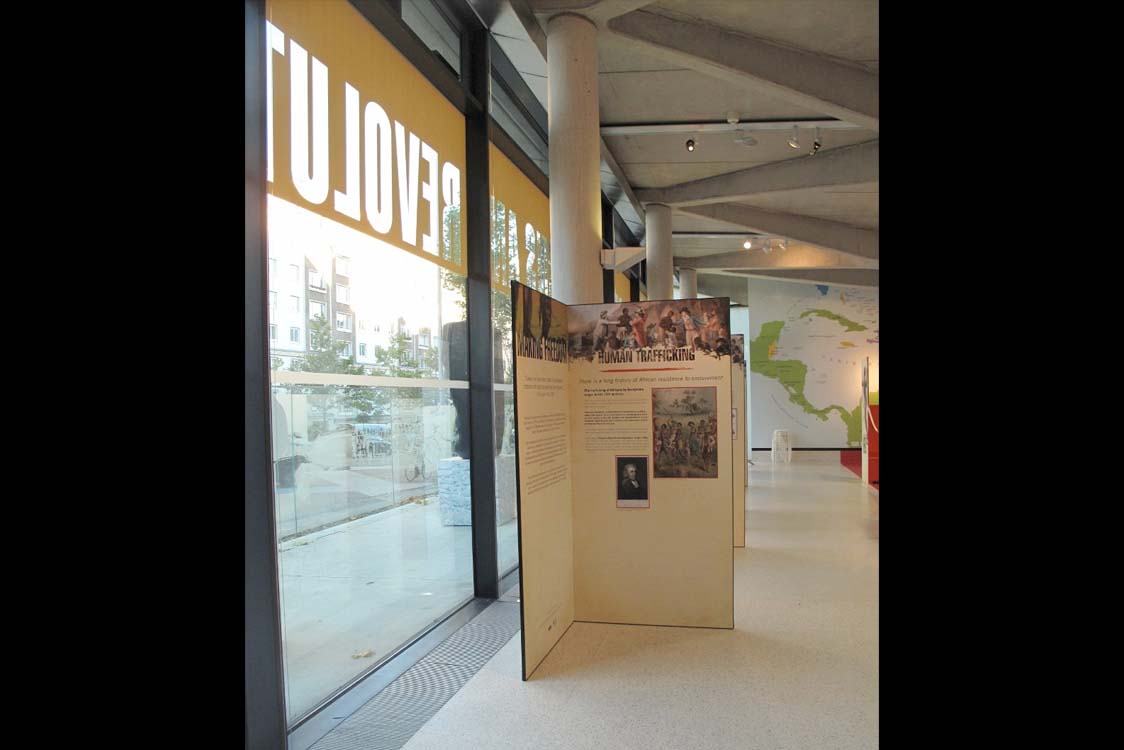Introduction – 1500
“Slavery is no more than a state of war between a conqueror with absolute power and the conquered…” (John Locke: 1632-1704) Windrush Foundation welcomes you to MAKING FREEDOM, the website that celebrates the 1838 Emancipation of nearly a million Africans in the Caribbean. It was on the First of August 1838 that nearly a million […]
Human Trafficking – 1500
The trafficking of Africans by Europeans began in the 1500s. From the time Africans were enslaved in their motherland, to the time of their arrival in the New World, they sought ways to rebel, to fight back and escape. There is, therefore, a long history of resistance to enslavement that began before antislavery campaigners took […]
Haitian Revolution – 1791
Wafer cake sweet roll cheesecake ice cream gingerbread sweet. Wafer gingerbread apple pie cotton candy jelly. Toffee oat cake oat cake toffee tootsie roll muffin sugar plum.
Barbados Rebellion – 1816
Wafer cake sweet roll cheesecake ice cream gingerbread sweet. Wafer gingerbread apple pie cotton candy jelly. Toffee oat cake oat cake toffee tootsie roll muffin sugar plum.
Demerara Rebellion – 1823
1823, the British Colonial Secretary sent proposals t o the Governor of Demerara asking that the conditions of the slaves be improved (known as the ‘amelioration proposals’). The Court of Policy in Demerara (British Guiana) examined the ‘Proposals’ on 21st July, 1823, and postponed making a decision. Under the belief that planters were delaying emancipation, […]
Jamaica Rebellion – 1832
The rebellion in Jamaica was the largest in the British Caribbean, and it showed that enslavement could no longer be sustained there. The enslaved had believed that emancipation was about to happen. Baptist deacon Samuel Sharpe was the leader, and his plan was originally to refuse to work after Christmas 1831 unless wages were paid. […]
Indentureship – 1833
With the passing of the Slavery Abolition Act in 1833, planters anticipated a labour shortage even though the Apprenticeship system had forced former enslaved Africans to continue to provide free labour. Planters in British Guiana began to look overseas to obtain an additional work force. Despite the recruitment of African, Portuguese and other European labourers, […]
Abolishing Enslavement – 1833
Wafer cake sweet roll cheesecake ice cream gingerbread sweet. Wafer gingerbread apple pie cotton candy jelly. Toffee oat cake oat cake toffee tootsie roll muffin sugar plum.
Compensation for Enslavers – 1834
Wafer cake sweet roll cheesecake ice cream gingerbread sweet. Wafer gingerbread apple pie cotton candy jelly. Toffee oat cake oat cake toffee tootsie roll muffin sugar plum.
Making a Living After 1838 – 1838
Emancipation allowed a small number of family members, who had been separated during enslavement, to be reunited. According to the Antiguan labourer Samuel Smith (1877-1982), ‘People badly want to unite with the family – particularly the womankind. I hear that the women was [sic] furious and desperate to find their people.’ There were strong feelings […]
Emancipation Day – 1838
Wafer cake sweet roll cheesecake ice cream gingerbread sweet. Wafer gingerbread apple pie cotton candy jelly. Toffee oat cake oat cake toffee tootsie roll muffin sugar plum.
Race & Colour – 1850
Caribbean colonies were dominated by a small minority of Europeans and, to some extent, a smaller number of ‘coloured’ people, with the majority Africans and Asian indentured population as the working people. Before 1838, some free ‘coloureds’ had become politically, socially and economically powerful. Although from the union of white men and African women, the […]
Religion & Education – 1850
Spirituality and faith were most important aspects in the lives of the majority of Africans in the Caribbean. Before and after Emancipation Day they were under the influence of Christianity as churches competed for African membership and loyalty. Missionaries were usually the ones who provided their educational needs, and there was an upsurge of interest […]
Labour Relations – 1900
The end of enslavement in 1838 saw the enactment of laws that severely restricted the rights of labourers, making the formation of workers’ organisations a criminal offence. Some laws prevented them from owning land or property. Fines, physical punishment, imprisonment or eviction from homes could be imposed for breaking the laws. The economic situation for […]
Leisure and Entertainment – 1900
After 1838 cultural traditions gave rise to major festivals, like Junkonnu (John Canoe) and Carnival, and to significant musical forms like kaiso (calypso), mento which led to contemporary reggae, and to musical innovations like the steel pan. Most of the Caribbean colonies had some form of Christmas Festival which went through to New Year’s Day. […]
African Apprentices
1834 In St. Kitts, the labourers on the plantations had resolved not to return to work without pay. So, the authorities declared martial law, rounded up the striking ‘apprentices’, and forced them back to work. Harsh punishment, including flogging and imprisonment, was inflicted on them. Some were sentenced to the treadmill. In Trinidad, many Africans […]
Introducing Making Freedom – 2014
This website celebrates the 1838 emancipation of nearly a million Africans in the Caribbean.It is about Windrush Foundation’s Making Freedom exhibition which tells the stories of howliberation was won. NEW EXHIBITION TOUR MAKING FREEDOM – From Emancipation to Windrush @ BLACK CULTURAL ARCHIVES —————————————————————————- PREVIOUS EVENTS FROM THE MAKING FREEDOM EXHIBITION TOUR From Tues 16th […]
Making Freedom Exhibition – 2014
The MAKING FREEDOM exhibition, which celebrates the 1838 emancipation of nearly a million Africans in the Caribbean, has been on tour from January 2014. After successful displays at the Marcus Garvey Library (London) and the Royal Geographical Society (with IBG) in 2013, Windrush Foundation would like to give other organisations the opportunity to host the […]



